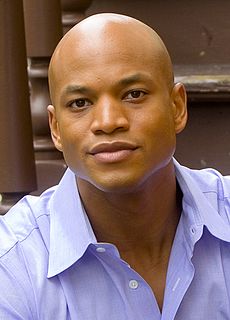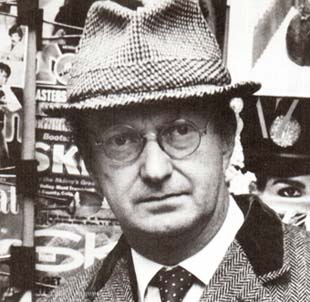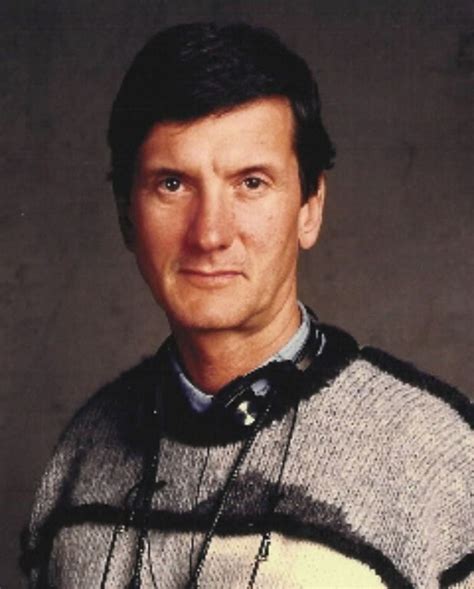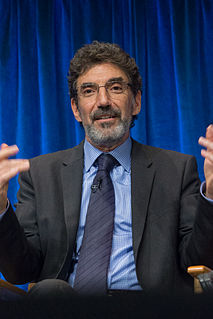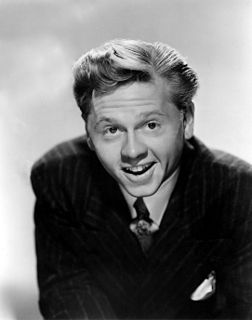A Quote by Wes Moore
The chilling truth is that his story could have been mine. The tragedy is that my story could have been his.
Related Quotes
A cowboy, a lawyer, and a mechanic watched Queen of the Damned,” I murmured. Warren—who had once, a long time ago, been a cowboy—snickered and wiggled his bare feet. “It could be the beginning of either a bad joke or a horror story.” “No,” said Kyle, the lawyer, whose head was propped up on my thigh. “If you want a horror story, you have to start out with a werewolf, his gorgeous lover, and a walker.
He thought about the story his daughter was living and the role she was playing inside that story. He realized he hadn't provided a better role for his daughter. He hadn't mapped out a story for his family. And so his daughter had chosen another story, a story in which she was wanted, even if she was only being used. In the absence of a family story, she'd chosen a story in which there was risk and adventure, rebellion and independence.
That same night, I wrote my first short story. It took me thirty minutes. It was a dark little tale about a man who found a magic cup and learned that if he wept into the cup, his tears turned into pearls. But even though he had always been poor, he was a happy man and rarely shed a tear. So he found ways to make himself sad so that his tears could make him rich. As the pearls piled up, so did his greed grow. The story ended with the man sitting on a mountain of pearls, knife in hand, weeping helplessly into the cup with his beloved wife's slain body in his arms.
I'm thinking of writing a children's story about a leaf on a tree who arrogantly insists he's a self-made, independent leaf. Then one day a fierce wind blows him off his branch and to the ground below. As his life slowly ebbs away, he looks up at the magnificent old tree that had been his home and realizes that he had never been on his own. His entire life he had been part of something bigger and more beautiful than anything he could have imagined. In a blinding flash, he awakens from the delusion of self. Then an arrogant, self-centered kid rakes him up and bags him.
I know people who have suffered writer's block, and I don't think I've ever had it. A friend of mine, for three years he couldn't write. And he said that he thought of stories and he knew the stories, could see the stories completely, but he could never find the door. Somehow that first sentence was never there. And without the door, he couldn't do the story. I've never experienced that. But it's a chilling thought.
